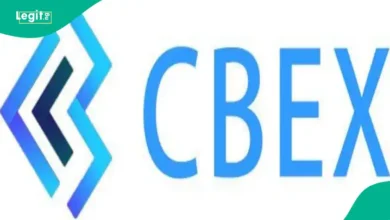Senate probes report-accusing soldiers of rape

The senate has resolved to probe report accusing Nigerian soldiers, by setting up ad hoc committee to look into the allegations Amnesty International (AI) levelled against the army.
The decision to look into the allegations was sequel to a motion sponsored by Shehu Sani, senator representing Kaduna central.
AI had accused soldiers and members of the civilian joint task force of abusing people, especially women, in internally displaced persons (IDP) camps in the north-east.
While moving the motion on the floor of the senate on Wednesday, Sani said the fundamental human rights of Nigerians must be protected.
“As democrats, we have a twin obligation to prosecute the war on terror and in every possible way protect and defend the fundamental rights of Nigerians. It is a concern that this report infringes on the image of not only the security forces of Nigeria but Nigeria as a country,” he said.
“This report is not only a thesis by AI, it contains names identity, photograph, instances and personal confessions of victims of rape, starvation and torture.
“The response that followed this report is simply a dismissal by the presidency and Nigeria security forces but I think as a parliament, we have a duty to address this issue.”
On his part, Bala Na’Allah, deputy senate leader, called for caution as the lawmakers look into the report.
“The nature and character of what we have in the country makes it almost practically impossible not to have the kind of report that the AI is reporting about Nigeria,” he said.
“We must understand that we are not fighting with a defined enemy.”
The motion was adopted after it was put to a voice vote by Senate President Bukola Saraki.





